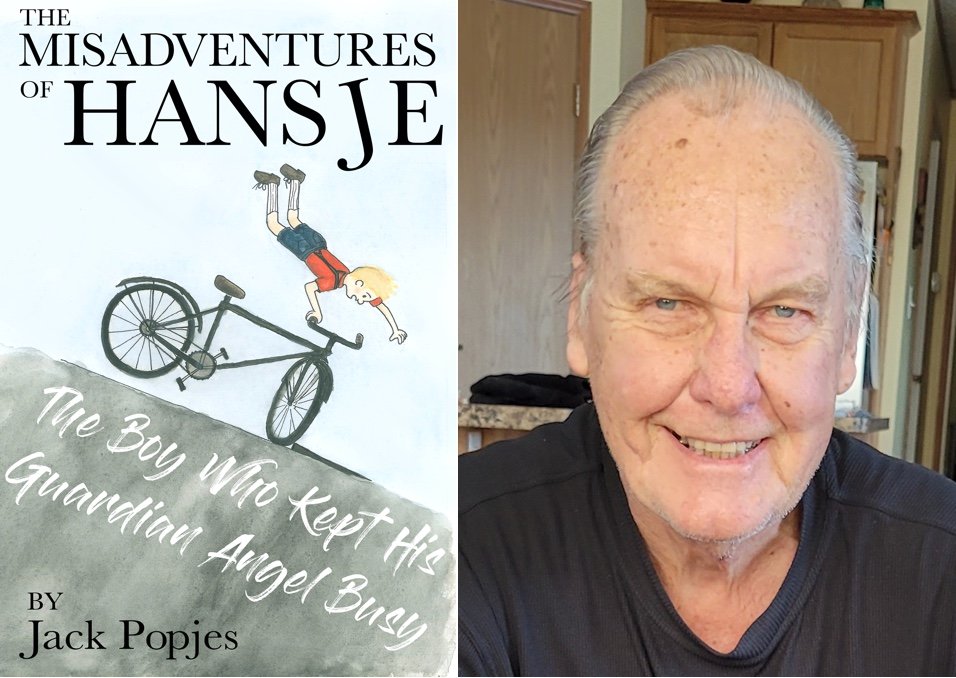I Don't Agree With the Editor
"What if I don't agree with what the editor says about my work?"
The answer to this question depends very much on your relationship with the editor and what contract you have regarding your writing. Let's look at editors in different roles.
Newspaper and Magazine Editors
In most cases you will not have any control over changes a newspaper or magazine editor wants to make.
I wrote my first paid magazine article to exactly the word count asked for -- 500 words. The editor decided to use more pictures and cut some of what I thought were my best words. I didn't even know until the magazine was published. What did I do? I mourned the loss of the words, cashed my cheque, and moved on.
Book Editor in a Traditional Publishing House
There will be much back and forth between you and your editor as you thrash out details. If you are writing fiction, it is likely you will have the last say. But check your contract to be sure. If you disagree with an editor, do ask why she made the suggested change.
Editors see things writers don't see. That's our job. Once you know what the editor is thinking, if you still think your wording is better, explain why. It's a learning process both ways. You will probably keep working until you do agree with each other.
Book Editor in an Educational Setting
You may very well have less input on changes. If your words matter to you, check your contract to see how much input you have into the final contents of the book. Many times educational publishers deal with specific vocabularies and reading levels or special formats. Your work will have to fit their needs if they are to publish it. What did you agree to when you signed the contract? That's what will guide your interaction.
Self-publishing Author
You have all the power in this situation! You can do anything you like with an editor's comments. Since you've paid for them, I suggest you make sure you understand them. (An ethical editor will want to be clear and will happily do what he can to do help you understand.)
I personally welcome conversation with my clients who disagree with me. I like to learn, too, and I'm not so arrogant as to think everything I say is the last word.
It's a good idea to remember that the editor is a reader. If an editor has had some difficulty with understanding your intent, other readers may very well have the same difficulty.
In the end, the message is yours and the words are yours. You get to choose the words that best convey your message.
One word of caution: Good editors keep their eyes on your text. They make comments on your text. They are not slighting you as a person when they suggest changes. They are respecting you and your work enough to tell you honestly what they think will make your work better. If you trust your editor you will probably come to agree with each other through dialogue.
And in the end, if you think the editor is really not working well for you, you can always fire him!
We don't have to agree, you can get a sample edit to discover how we would work together.
Or you can simply do your own editing.

This is Jack Popjes and one of his published books. He and I worked on multiple projects. He's met many goals.
Meet your writing goals in 2023.
Free Newsletter
Sign up below for
Editor's Notes
Inspiration and Writing Tips
and receive tips
to maximize
your use of MS Word.
Click for more information
and archived copies...
Or sign up using the form below
to start your subscription right away.



